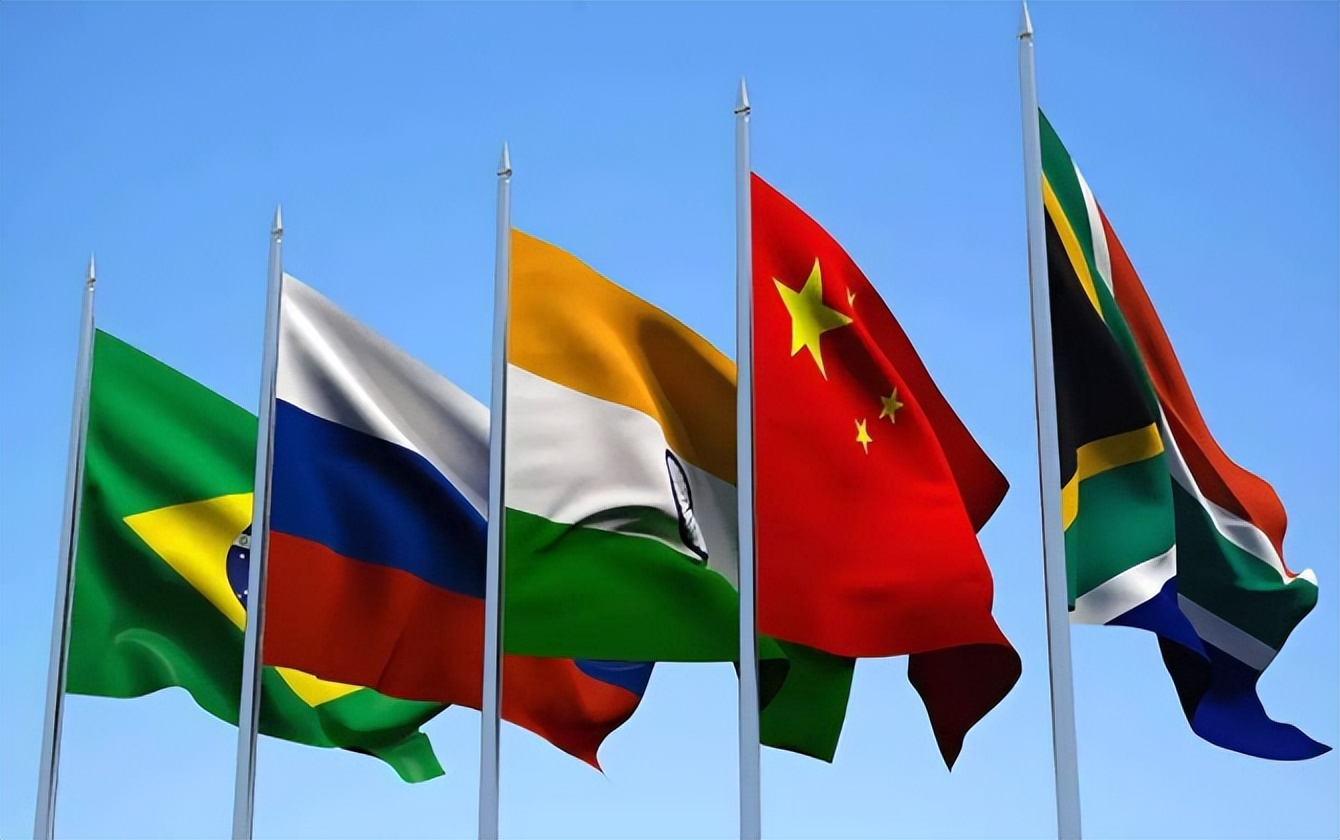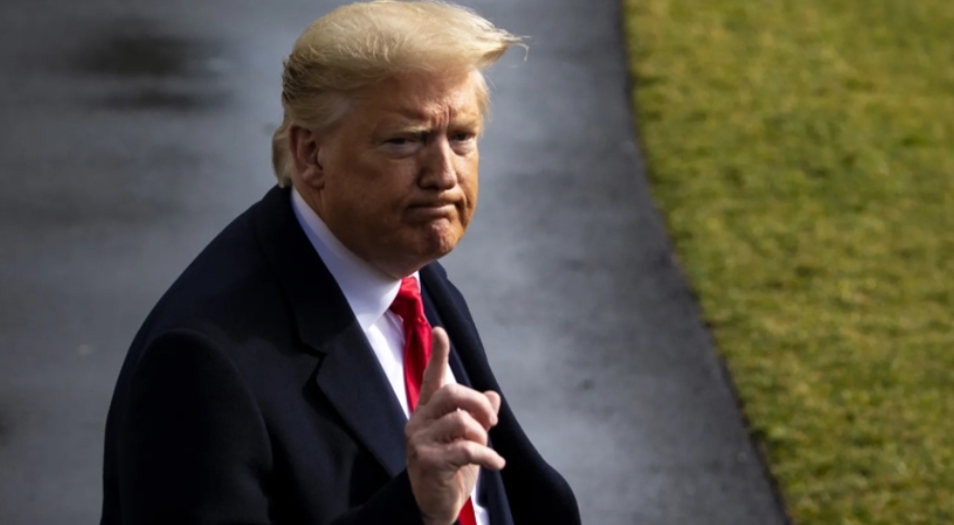Brazil is really brave. The Supreme Court directly sentenced Trump's ally, former President Bolsonaro, to 27 years and 3 months. Faced with the threat from the United States, Lula responded calmly and asked the other party to "let the horse over". Where did his toughness come from?

According to Xinhua News Agency, On September 11, the Supreme Court of Brazil determined two charges of former President Bolsonaro - planning a coup and participating in criminal organizations with a 4:1 vote.
And the sentence is 27 years and 3 months. What is the difference between this and the "death penalty" for Bolsonaro, who is 70 years old?
As soon as the news came out, Trump immediately jumped out and said that the verdict was "very bad", and said that some people in the United States wanted to mess with him like this, but failed. US Secretary of State Rubio also said "to respond."
As a result, the Brazilian Ministry of Foreign Affairs was not afraid at all and directly turned it back, saying that this was a "threat to Brazil's democracy."
The 79-year-old Brazilian President Lula also said, "Brazil is not afraid of the sanctions that the United States may impose." The implication is to let the United States come here.

But why does Brazil really dare to take such a heavy hand against the former president? You must know that he is Trump's close ally, and the United States can sit still?
In January 2023, Lula took over Brazil again, facing a mess of economic decline and social division. In just two years, why did he have the confidence to challenge the United States?
In fact, if you carefully look at the causes and consequences, you will know that it is not that simple.
In the 2022 Brazilian presidential election, Bolsonaro refused to admit his conscience, and later found out that he secretly planned to overturn the election results; on January 8, 2023, his supporters directly rushed to the Congress, the Presidential Palace and the Supreme Court, making the scene a mess, when Brazil's democracy was almost broken.
The following two years, the judiciary was not idle. It is said that even Bolsonaro and his supporters' communication records and coup plan documents were found, and the link of evidence seemed solid.
At this time, the Lula government's attitude was very critical. It did not directly control the judiciary, but it clearly stated that the verdict was legal.

This approach is actually quite clever. It not only avoids the gossip of "political manipulation of justice", but also uses the authority of justice to establish the image of "maintaining democratic order".
The United States later shouted "Bolsonaro was politically persecuted", but in the face of complete evidence and procedures, who believes this? I'm afraid I'll just talk about it myself.
But can justice alone withstand the pressure from the United States? Obviously not enough.
The United States still has the card of trade. If it really needs to increase tariffs, will Brazil's exports not be affected?
But looking back at Lula's actions over the past few years, it seems that she is ready.

In the past three years, Brazil has not put its eggs in a basket and has been looking for more trading partners.
Data shows that in August this year, the bilateral trade volume of China and Pakistan has exceeded 100 billion US dollars.
Just talking about soybeans, Brazil's exports to China account for 74.6% of the total exports, how much does it export to the United States?
In addition to China, Brazil has not stopped cooperation with the EU and Russia, especially in the mineral field.
In this way, Trump said he wanted to "add 40% tariffs on Brazilian products exported to the United States", how much threat is there? Brazilian soybeans have a support for the Chinese market. The United States really does this. Can those domestic agricultural states that rely on exporting soybeans to make a promise? Then Trump will be in trouble himself.
And on the diplomatic level, Lula was not idle either.

Last year, he insisted on promoting the New Development Bank of the BRICS countries to invest more money in Latin American infrastructure; in Latin America, he also took the lead in re-promoting Latin American integration, allowing countries such as Argentina and Uruguay to move in line with Brazil in terms of trade policies.
The United States had previously spoken that it would restrict Brazil from joining the American Economic Organization, but it did not expect that the Latin American League of Nations immediately stood up to oppose "external intervention in Latin America's internal affairs", and the EU also clearly stated that "respect Brazil's judicial independence."
With these support, Brazil will not be alone in dealing with the United States.
Someone may ask, didn't Lula take a moderate route before? When he first came to power from 2003 to 2010, his style was softer than he is now.
But think about it carefully, at that time he also promoted the establishment of the South American League, winning a lot of voice for Brazil.
Now in the face of US intervention, Lula's toughness is more like upgrading her past experience, relying on justice to build a consensus on "maintaining democracy" at home, and relying on diversified cooperation to break the pressure from the United States outside.

Looking at this way, Bolsonaro's imprisonment is not just a judicial counterattack against violence in Brazil, but more like a big move by the Lula government to reshape the national image.
Lula's "not afraid" is obviously not a moment of impulse in the face of possible revenge from the United States. The control of domestic order, the confidence of economic layout, and the support of international cooperation, together, gives Brazil the capital to challenge the United States.
So will this game between the United States and Pakistan become a signal for emerging countries to fight for sovereignty?
Perhaps in the future, more countries will no longer rely on major powers like Brazil, but will find their own position internationally with a more independent attitude. After all, no one wants to live a life by looking at others' faces, right?














